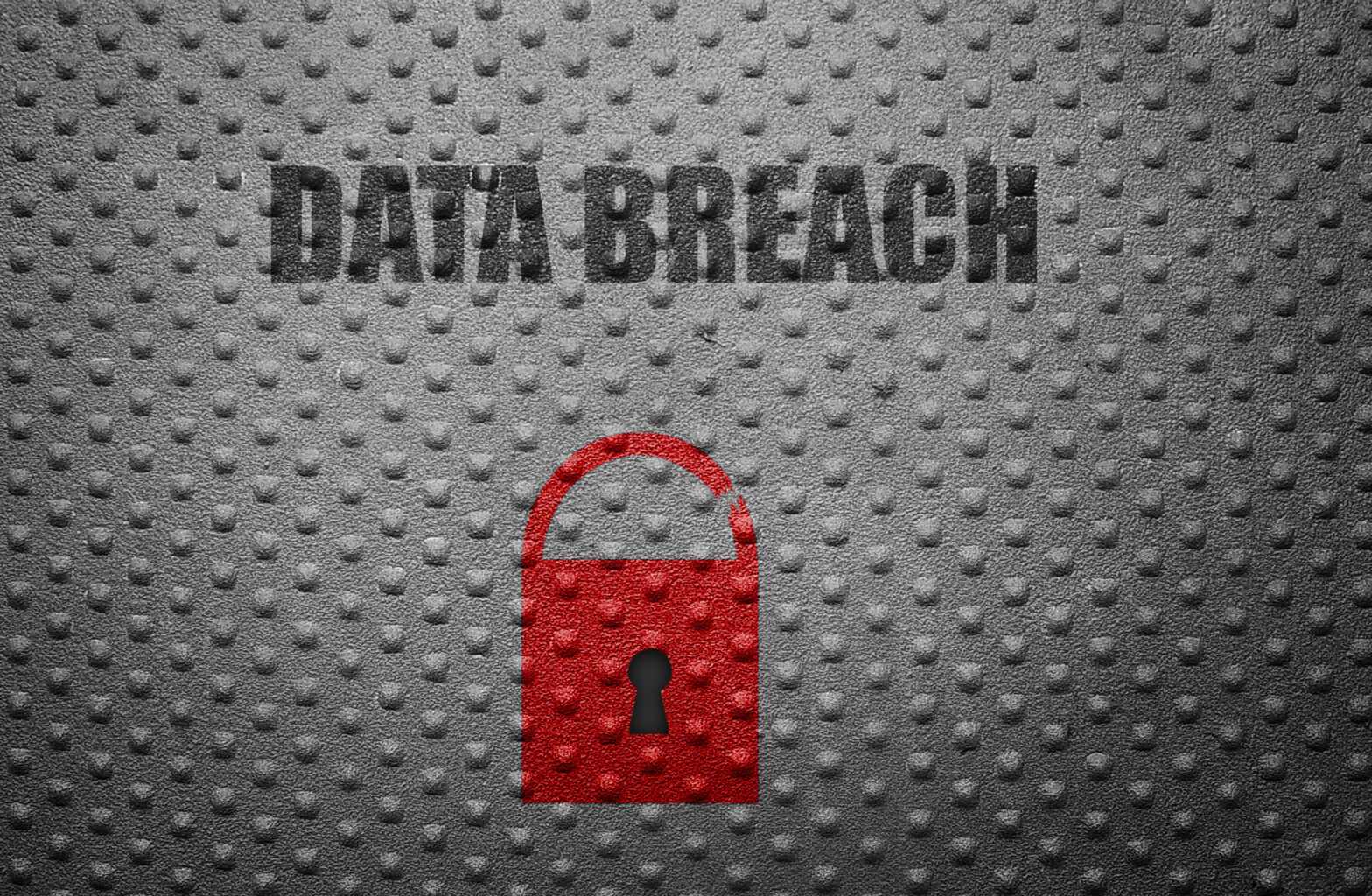Cyber security has been put into the limelight even further, particularly with the recent ransomware attack on the NHS, and protecting your small business and covering all angles is exceptionally important. Here, we’re taking a look at the top ways that you can deflect a data breach in your business.
Introduce New Technologies
Deflecting a data breach isn’t easy, but with technology continuing to evolve in order to access even the hardest and most private of business systems, it is important that you are implementing new technologies within your cyber security in order to keep up.
Ransomware is one of the biggest issues, and there are two different types – firstly, it will encrypt all of the files on a computer or the entire business network, and secondly, it can lock a user’s screen. Then, the ransomware will demand a form of monetary payment (the ransom) and this is normally demanded in a form of cryptocurrency, like Bitcoin.
Nevertheless, there are a number of ways that new technologies that are already implemented within the ransomware could be used to fight against it. For example, the Bitcoin is made up of what is known as blockchain technology.
This helps to make the cryptocurrency untraceable towards a person’s identity, as long as precautionary measures are put in place by the user.
This blockchain technology is an extremely interesting and secure form of technology. While it is generally adopted for the purpose of e-commerce or more popularly in Bitcoin casinos, there are a huge number of other possibilities that could be implemented with this exciting technology.
Blockchain technology provides an alternative way to store and share information, as it can help to protect data integrity through its transparency, protect identities, and can also protect critical infrastructure removing the issues of DDoS attacks.
Implementing this kind of technology could provide the perfect way to deflect a data breach in your business, but the blockchain technology is still in its infancy – meaning it has a long way to go before it becomes implemented further.
Manage & Patch Any System Vulnerabilities
The easiest ways to help your business to deflect a data breach is to quite simply, continually update your business’ software. While there are a number of ways to deal with a cyber-attack, this is generally the most effective.
A lot of viruses and ransomware end up exploiting software vulnerabilities, and these are generally found in operating systems and plug-ins or applications. There are a number of different vulnerabilities that any form of software in your industry may have, but the majority of these vulnerabilities will already be known by the software provider.
In some cases, the software provider will supply a number of patches that are available to download in order to manage any type of system vulnerability, and these can be a very effective way of ensuring that your systems are not compromised.
Ransomware and viruses that will breach your data can ultimately affect a number of different parts of your business – including web browsing and email. This means it is important to not only affect the basic software such as your computer itself, but also everything that is connected to it.
This is because once ransomware or another form of virus is implemented within your system, it will travel around everywhere it can and encrypt your data. Security fatigue within a small business can be extremely dangerous, so it is important to ensure all of your software is up to date and your system vulnerabilities are patched, making this one of the most effective ways to ensure your business is protected from a data breach.
Control Code Execution
One of the ways attackers can gain code execution on target devices is by tricking users to begin running macros, which will ultimately lead to a serious data breach. You can prevent this within your business by helping to prevent all types of macros from being executed within your business unless you have trusted them explicitly.
In addition to this, it is easier to prevent employees from being able to download and install new types of software on their computers or other devices without administrator authorisation.
There are some scenarios when users within your business may need to run a form of code which is legitimate to what they’re doing within the business, so it is important that your employees are doing their part by letting you know.
It is important that you consider how this can be managed effectively, without causing your business any form of risk.





